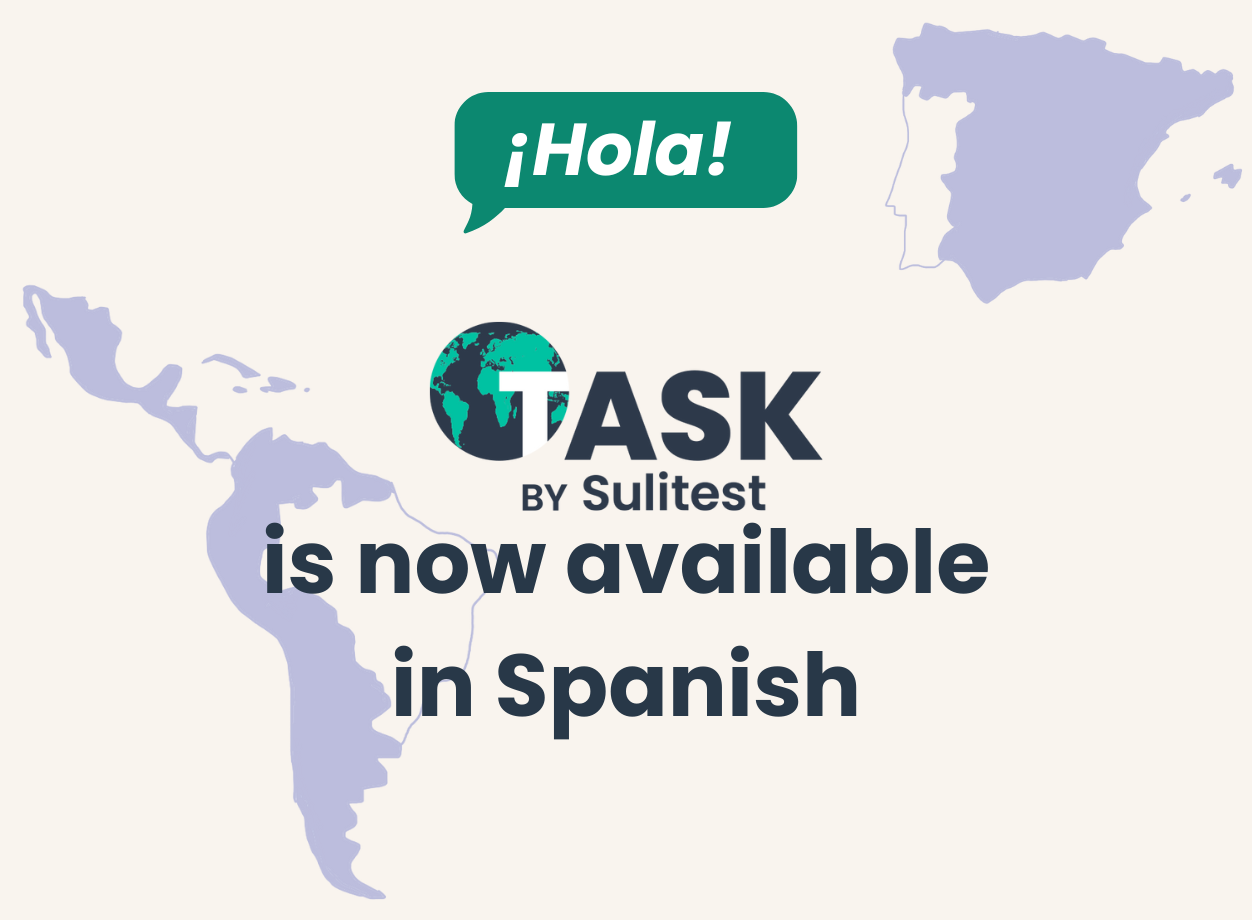
Case Study – Supporting Curriculum Change For Sustainability

Kedge Business School is a long-term proponent of sustainability education and an active ambassador of Sulitest.
While the school uses many Sulitest tools, this case study focuses on the integration of TASK™ within the MSc Business Transformation for Sustainability Program. Reflecting on the “Why” behind integrating TASK™, Fiammetta Cascioli Karivalis, the Program Director, stated
“Even though incoming students of this sustainability-program are already more interested and arguably more knowledgeable about the subject, they tended to get a lower score than expected.”
Why was this the case?
Broadening sustainability knowledge at KEDGE
According to Ms. Cascioli Karivalis, this was likely because TASK™ covers a broad range of sustainability knowledge, including environmental subjects (i.e., planetary boundaries), which are not usually covered within Business Schools.
As she said,
“TASK™ allowed me to encourage students to gain a new kind of sustainability knowledge. Given that companies nowadays look more and more for people who can talk about the different challenges we face, which is not just a carbon problem but also a material problem, a biodiversity problem, and all the other aspects are covered by the planetary boundaries and TASK™”.
How is TASK™ being deployed in the Program?
- At the start of the program:
- TASK™ is administered at the beginning, as part of an Environmental Sustainability module, to establish a baseline snapshot of students’ sustainability knowledge.
- During the program:
- Peer learning: With TASK™ results on hand, student have a debrief session, including a review of the results by topic, as well as a comparison with KEDGE’s average scores and global benchmarks. Identifying the areas needing improvement, students are divided into topic-specific working groups, each one researching the best learning resources on their topic and sharing them with the rest of the class, fostering peer learning. Later on, students works individually on their areas of improvement, using both the group findings and their personal results, to prepare for the second TASK™ assessment at the end of the program.
- Interactive workshop: Students participate in a Planetary Boundaries Fresco.
- Curricular learning: Follow-up classes help deepen students’ understanding of key sustainability topics.
- End of the program:
- Students take TASK™ again, so that an improved score can support their employability and show progress.
- Goals of this approach:
- Demonstrate measurable progress in students’ sustainability knowledge.
- Support students’ employability by showcasing their learning outcomes.
- Extend impact beyond individual learning, contributing to a broader educational shift within the institution.
Inspiring curricular change
“The characteristically scientific nature of TASK™ is not familiar vocabulary for a Business School [and while this] can be seen as part of the problem, it pushed us to change the curriculum,”
stated Fiammetta.
This realization prompted faculty discussions about the merits of initiating a more formal and structured process of curricular review. Their end goal is to better equip students with the knowledge they need to understand and respond effectively to the sustainability challenges they will encounter once out in the business world.
Putting sustainability at the heart of business education
According to Fiammetta, the TASK™ deployment process was a learning-by-doing process for the faculty.
“Because the MSc program is now running for the second year, and it will run for the third year next year, we are still making adjustments. Last year, within the environmental sustainability module, we covered more of the general issues related to the carbon problem. The use of TASK™ was an opportunity for me to bring in a new kind of learning by an external facilitator, particularly focusing on the planetary boundaries' fresk,.”
she stated.
Next year, the pedagogical team at KEDGE plans to change things up by integrating knowledge related to planetary boundaries at the core of the environmental sustainability module.
Pioneering positive change through higher education
Interested in starting your journey towards integrating sustainability at your institution? Contact us today! The Sulitest team is on standby to accompany you with the necessary tools and resources every step of the way.












